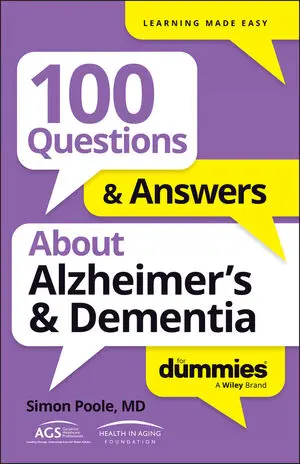This handy Cheat Sheet contains quick info to help you prevent spreading or catching COVID-19, figure out whether the illness that you have is the flu or COVID-19, and get better when you’re sick.
Dos and don'ts of COVID-19
Following, are basic safety steps to take and what to avoid if you want to reduce your risk of catching or transmitting COVID-19.
Do:
- Get vaccinated and stay current with booster shots
- Practice good hygiene, such as washing your hands and covering your coughs and sneezes
- Isolate and get tested if you have symptoms
- Wear a mask if you have symptoms or are in close contact with others who have symptoms
- Keep up with the latest COVID-19 information from the World Health Organization (WHO) and your local public health agencies
Since the pandemic began in 2020, the COVID-19 virus has experienced multiple variants, which all behave differently. This situation isn’t changing, so staying apprised of the most current information on virus variants and related treatments is critical.
Don’t:
- Assume that everyone is vaccinated
- Go to work or school when you’re sick
- Assume that you’re not contagious simply because you don’t have symptoms
- Use prescription medications that aren’t prescribed to you to treat COVID-19
Flu vs. COVID-19 symptoms
The flu and COVID-19 share similar symptoms. You can’t know for sure which you have unless you take a test, but if you don’t have easy access to a test, here’s a handy symptoms chart that you can use to try to figure out which illness you likely have.
| Symptom | Flu | COVID-19 |
| Onset | Rapid | Gradual |
| Shortness of breath | Rare | Common |
| Body aches | Often | Often |
| Chills | Occasionally | Occasionally |
| Congestion | Occasionally | Occasionally |
| Cough | Often | Often |
| Diarrhea | Occasionally | Occasionally |
| Earache | Occasionally | Occasionally |
| Fatigue | Often | Occasionally |
| Fever | Often | Often |
| Headache | Occasionally | Occasionally |
| Loss of smell | Occasionally | Occasionally |
| Loss of taste | Rarely | Occasionally |
| Nausea | Occasionally | Occasionally |
| Runny nose | Occasionally | Occasionally |
| Sneezing | Rarely | No |
| Sore throat | Occasionally | Occasionally |
Tips for recovering from COVID-19
Some cases of COVID-19 are severe enough that the ill person has to be hospitalized to receive treatment, but most cases are mild. If you have a mild case, you can recover at home by
- Resting as much as possible: Sleep allows your immune system to focus on fighting COVID-19 (or any illness) and helps relieve fatigue.
- Pausing exercise: Although staying active is generally good advice for a healthy lifestyle, working out when you’re sick only makes your body aches, congestion, and fatigue worse.
- Hydrating: Drinking water and other fluids helps replace fluid lost in sweat during episodes of fever, as well as by diarrhea or vomiting.
- Taking over-the-counter pain relievers: You don’t need to take medication to lower a fever because that’s your body’s way of fighting off the virus. However, if you have pain that prevents you from sleeping, take acetaminophen, naproxen, or ibuprofen to help bring down inflammation and, therefore, relieve pain. If your child has a fever, consult a pediatrician to determine whether you should give them anything for it.
- Using steam: Whether you slurp hot soup, sit in a warm bath, use a humidifier, or even hold a mug of tea near your face, steam can help loosen your nasal congestion and keep your mucus membranes from drying out.
- Monitoring your symptoms: If you have trouble breathing, feel persistent chest pain or pressure, can’t stay awake, or have pale skin, call or visit a doctor.






